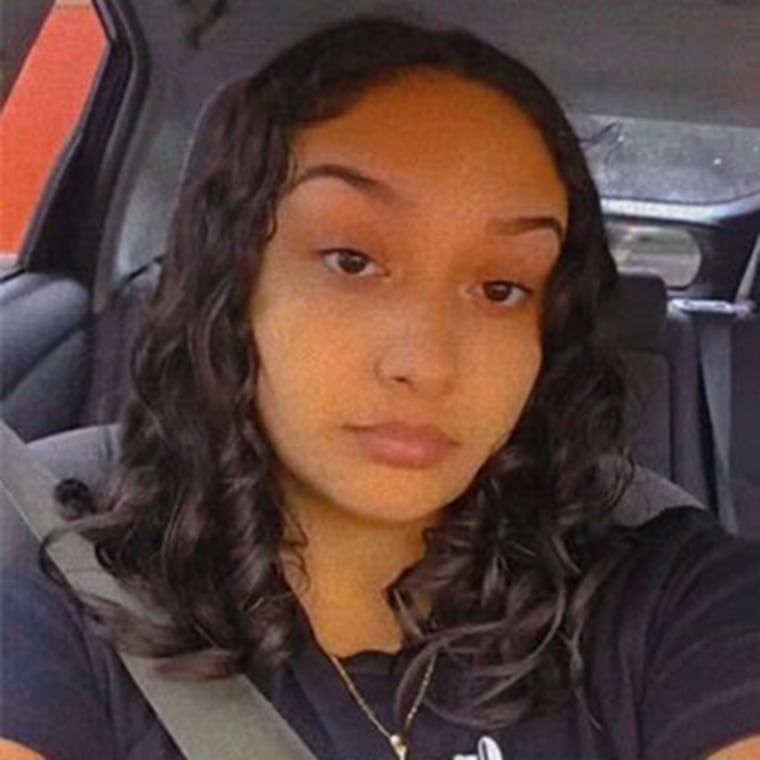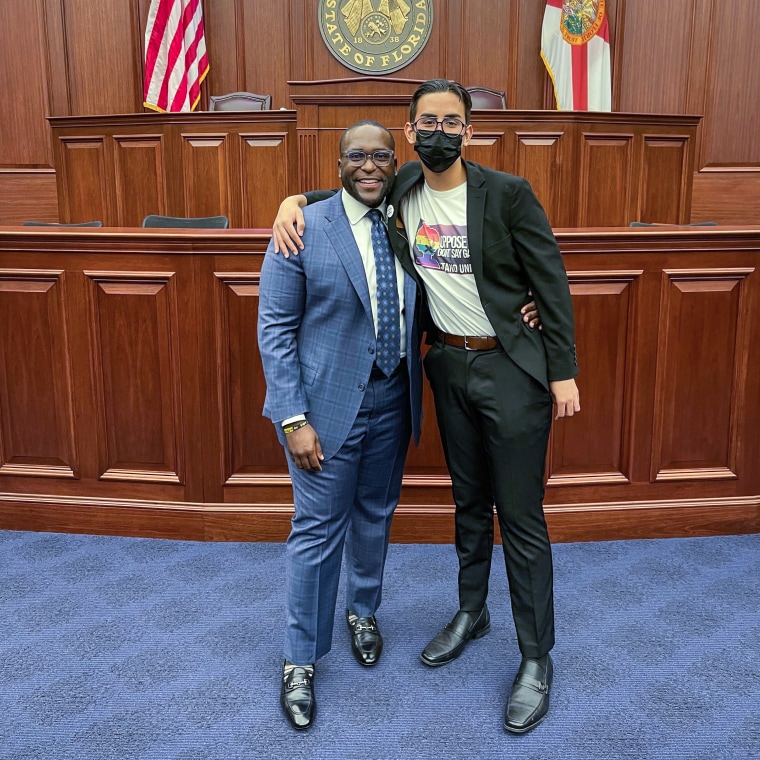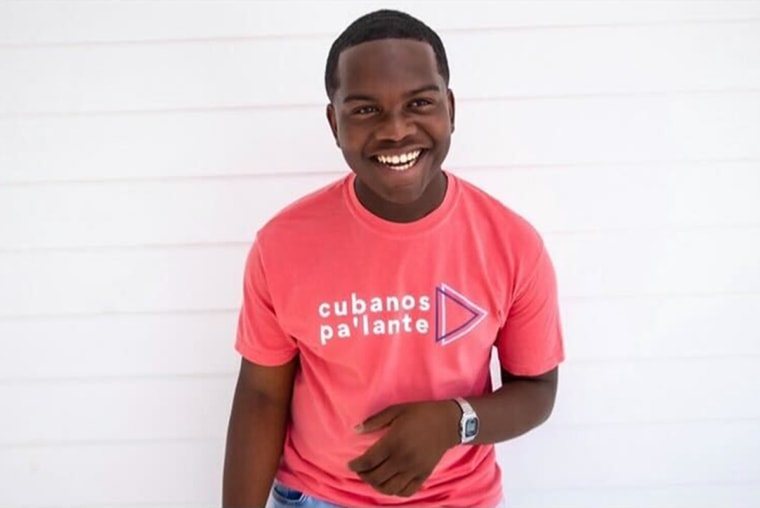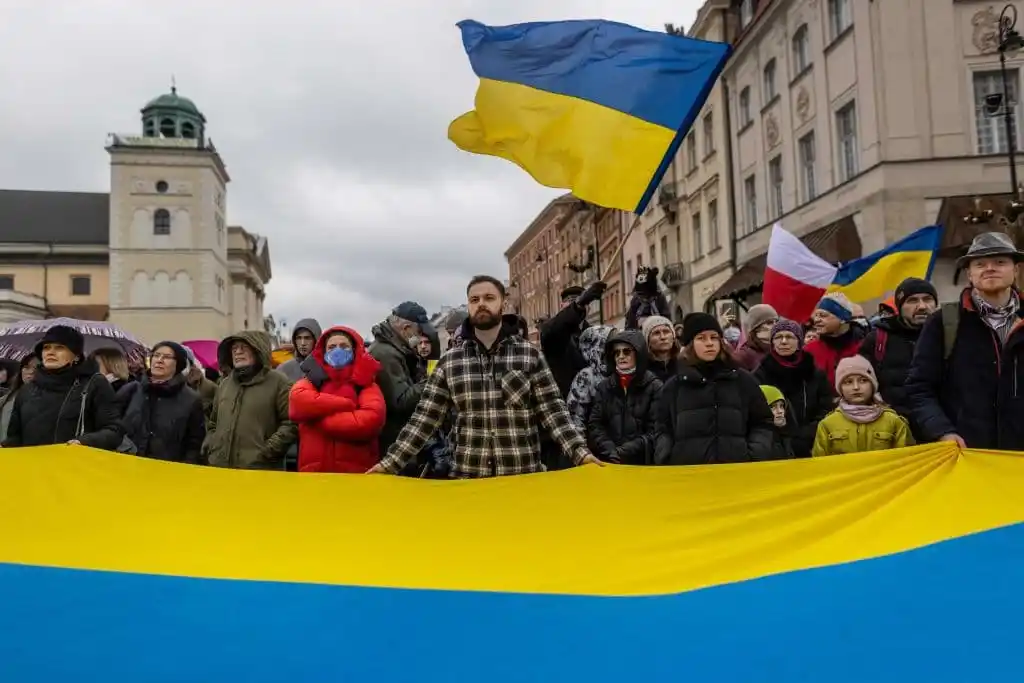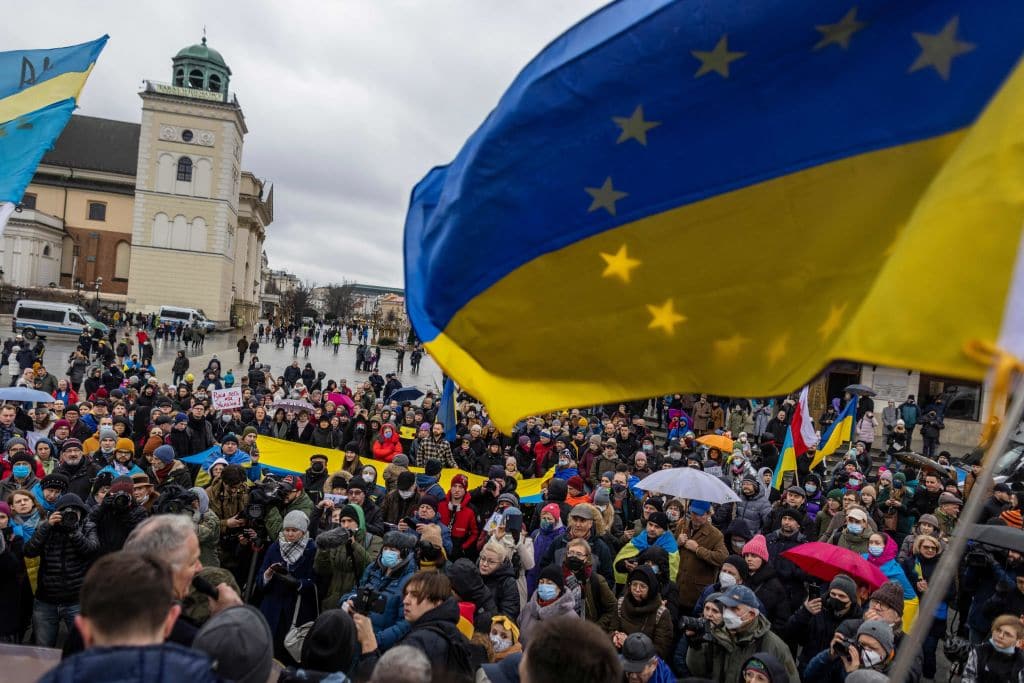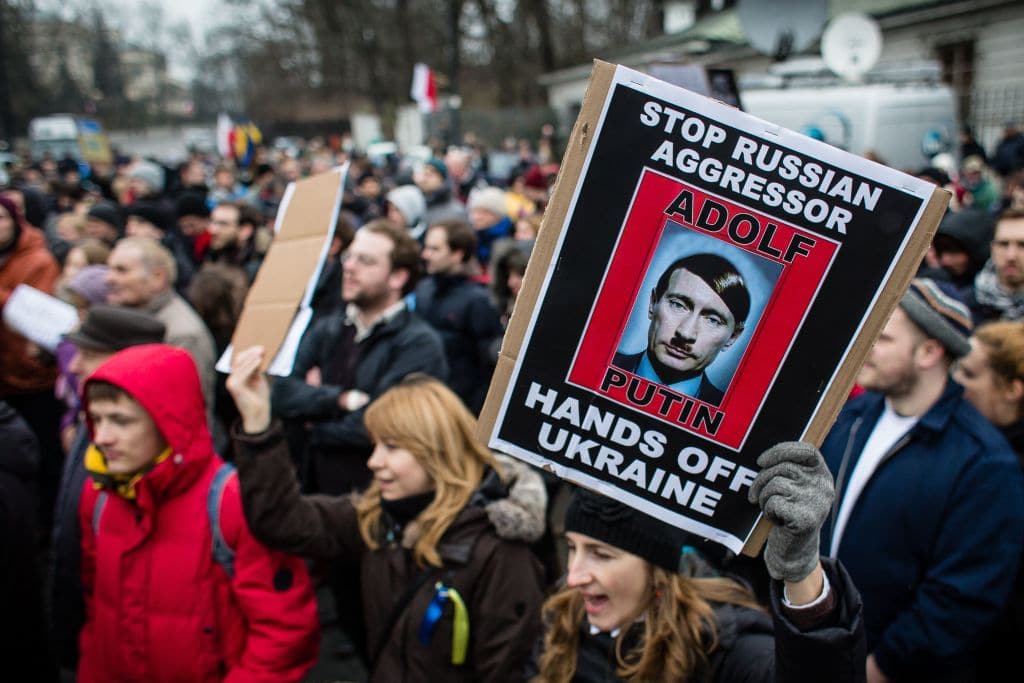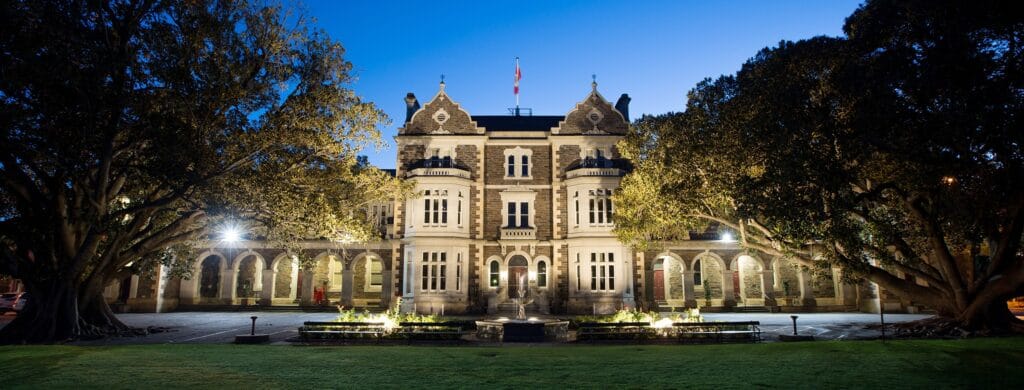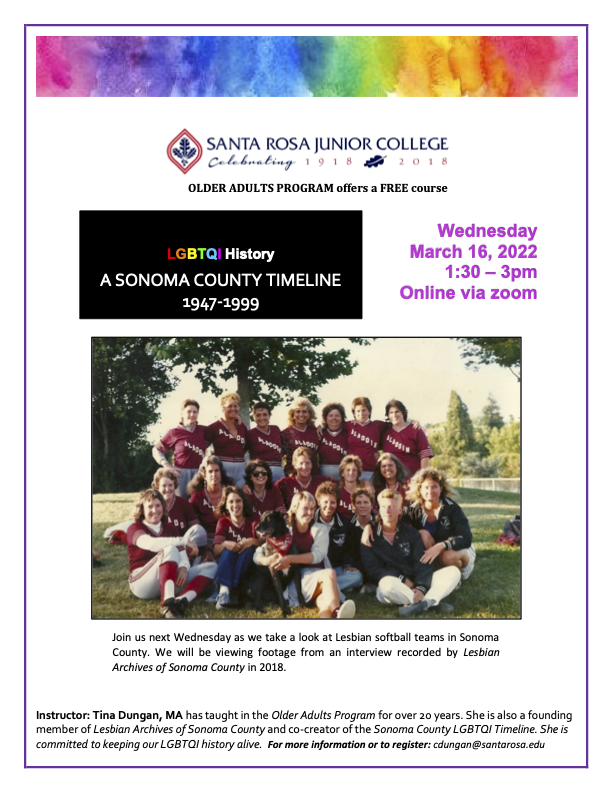LGBT+ Ukrainians fear ‘extermination and concentration camps’ under Russian rule, activist says
LGBT+ activist Andriy Maymulakhin can hear gunfire in his home, which is located in a village just 50 kilometres from Kyiv, the capital of Ukraine.
Life since Russia invaded has been tense for Andriy, who serves as head of LGBT+ rights organisation the Nash Mir Centre, based in Kyiv. He’s separated from his boyfriend of 10 years, who is in western Ukraine. Two of his friends and one of their elderly parents are sheltering at his home.
Shortly after Russia launched its invasion, Nash Mir’s offices were raided and its employees assaulted. Those who attacked them were, surprisingly, Ukrainian – the raid points to just how high tensions are in the country.
“Our organisation is quite small, just five people in the group and about 12 activists across the country. I did not hear from anyone that he or she wants to leave the country. This is our country,” he says.
Like countless other Ukrainians, Andriy has been separated from his loved ones by war. His boyfriend is currently based in Lviv, where he has family, meaning the pair are now unable to see each other.
“We call each other every day, but still, it’s now impossible to join him. He says, ‘Oh I shall return’ – I say, ‘No, it is so dangerous.’”
LGBT+ people in Ukraine could be ‘exterminated’ under Russian rule
The invasion is devastating for the Ukrainian people and the war is destroying people’s lives. For the country’s LGBT+ community, the war has come as a shocking blow for a number of reasons. One of those is that things had been gradually improving for their community in Ukraine in recent years. If Russia were to exert control over their lives, they fear that those hard won freedoms would be under threat once more.
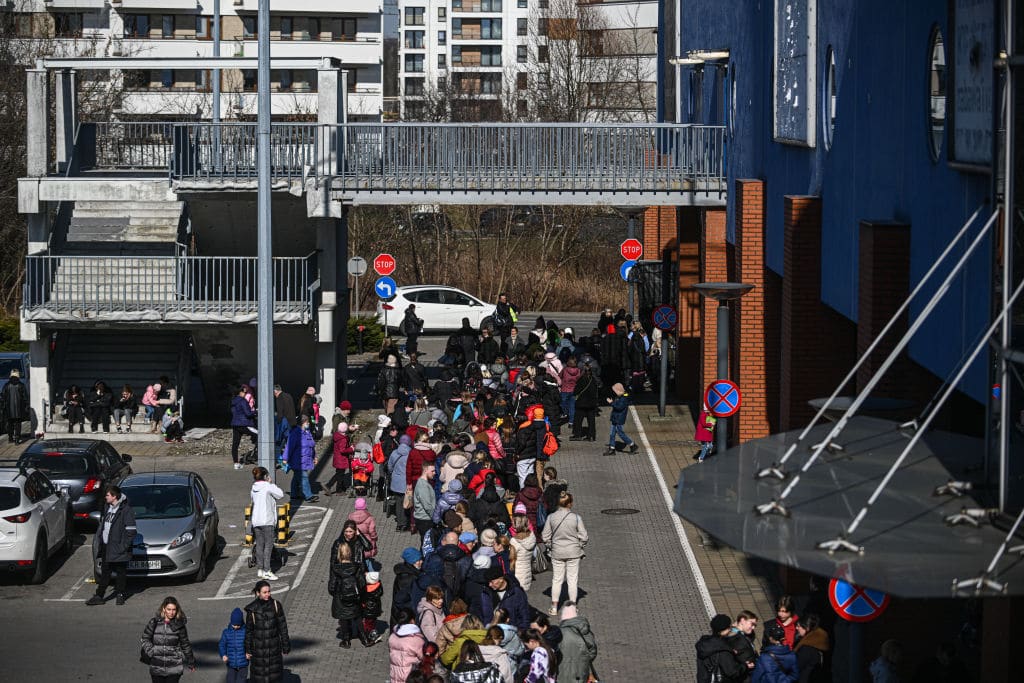
“Since 2014, there has been significant progress on LGBT+ rights in Ukraine, and it is positive. We really are so different now from Russia,” Andriy says.
It is very likely that LGBT+ activists will end up on the lists for concentration camps or extermination.
“For example, five years ago, sociological reports said that 80 per cent of Ukrainians didn’t support LGBT+ people, or they at least don’t want to see LGBT+ Pride. Last year, the same question was asked and it was 56 per cent negative, so it is a significant increase in acceptance. We believe that there is slow but constant progress.”
Like many LGBT+ Ukrainians, the thoughts of Russian control in his country is alarming.
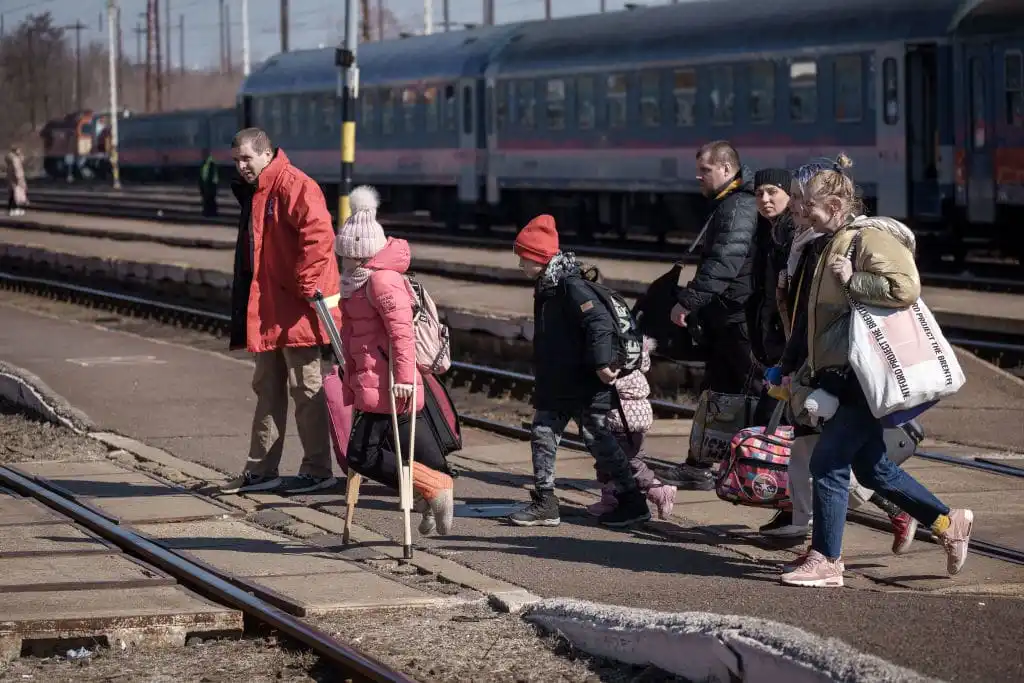
“It is hard to imagine that we will have to come to terms with the so-called ‘Russian world’, its laws and morality, which are aimed against LGBT+ people,” he explained in an email. “It is very likely that LGBT+ activists will end up on the lists for concentration camps or extermination.”
Activists have expressed concern for the safety and wellbeing of LGBT+ Ukrainians
As of now, Andriy is relatively safe – he is still in Ukrainian controlled territory. If that changes, he will try to flee to western Ukraine so he can be with his boyfriend.
“I cannot imagine that I can live on a so-called ‘Russian road’. I shall die better.”
In Ukraine we’re asking other governments to support Ukraine in this very difficult time.
Plenty of people abroad are looking for ways they can help. Right now, Andriy says his organisation doesn’t need donations, although they’re always welcome. Support doesn’t need to be LGBT+ specific, he says.
“In Ukraine we’re asking other governments to support Ukraine in this very difficult time,” he says. “It’s not specific [to the LGBT+ community], but it is what I want to say.”
The war in Ukraine has continued to escalate since Russia launched its invasion in February. According to the United Nations High Commissioner for Human Rights (OHCHR), there have been 1,761 civilian casualties since war broke out, with 636 killed and 1,125 injured.
The human rights watchdog said the actual figures are likely considerably higher.
On Monday (14 March), Ukrainian officials said they had entered into another round of talks with Russia. Mykhailo Podolyak, a Ukrainian negotiator, posted online to say that the discussions were proving difficult because the political systems in Russia and Ukraine are so different.
International LGBT+ groups have expressed concern for queer people in Ukraine since the invasion started last month. Some trans women have been unable to get to safety because they have the wrong gender marker on their passports, while other queer people have been vocal about the impact any Russian influence could have on their rights and freedoms.
